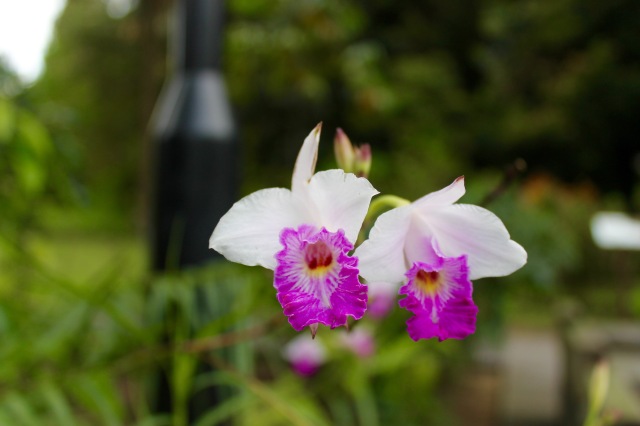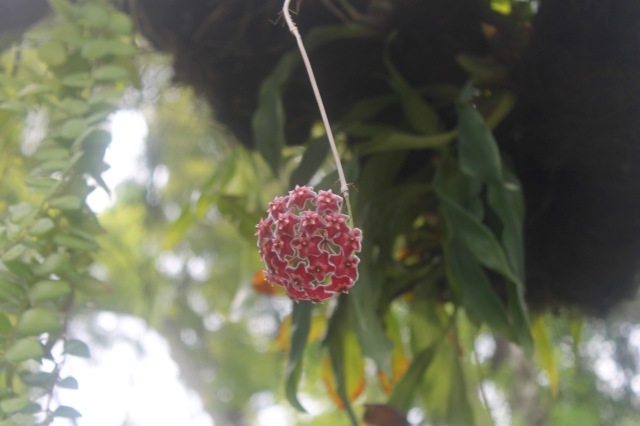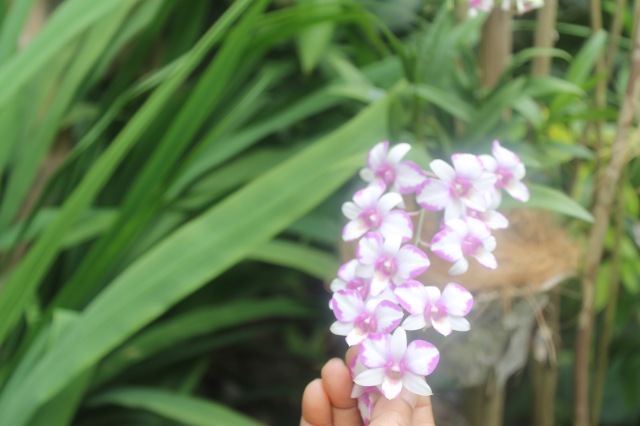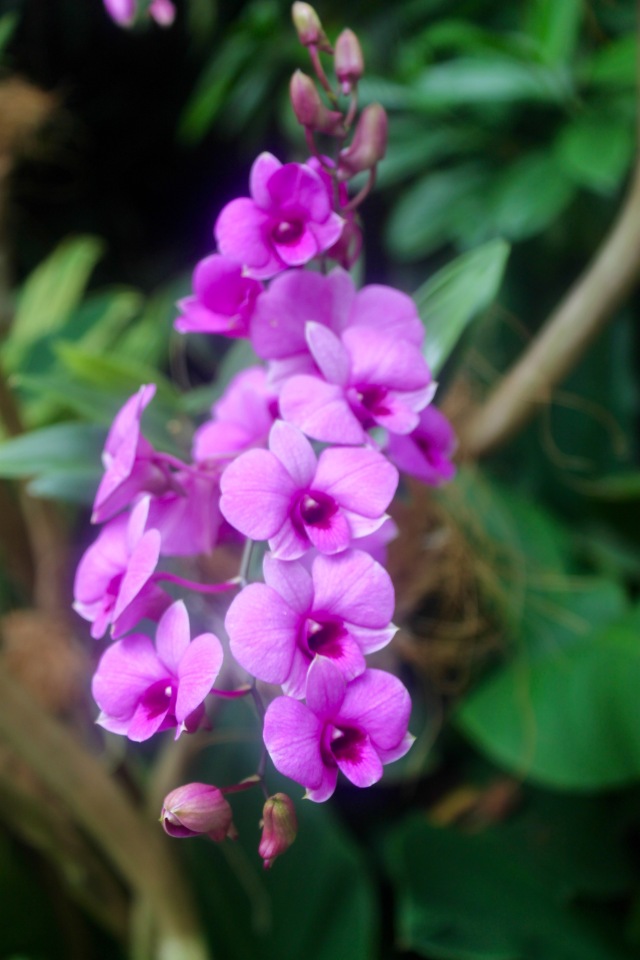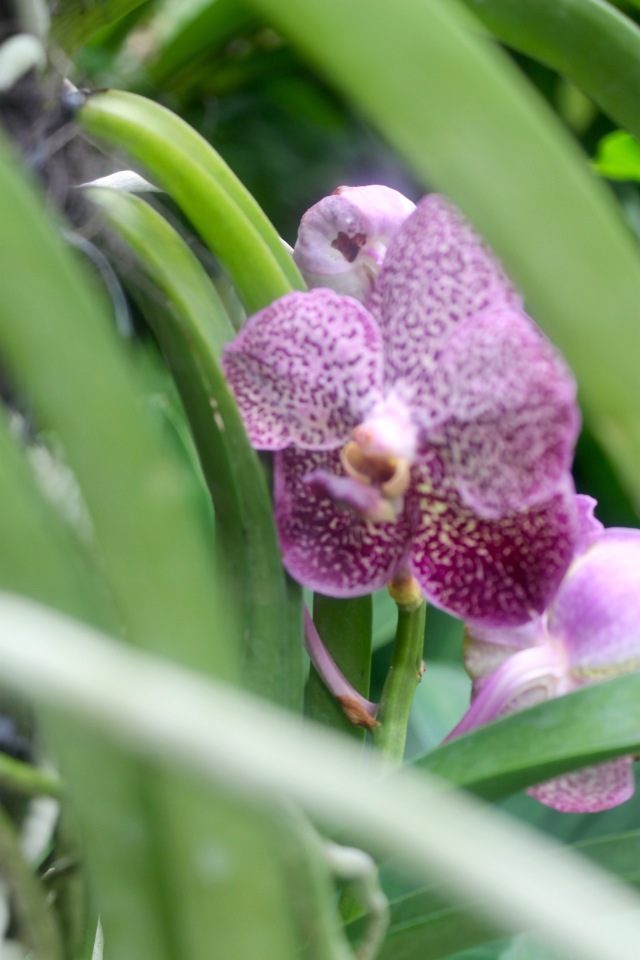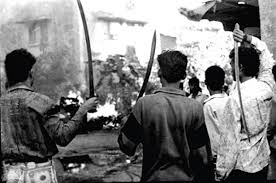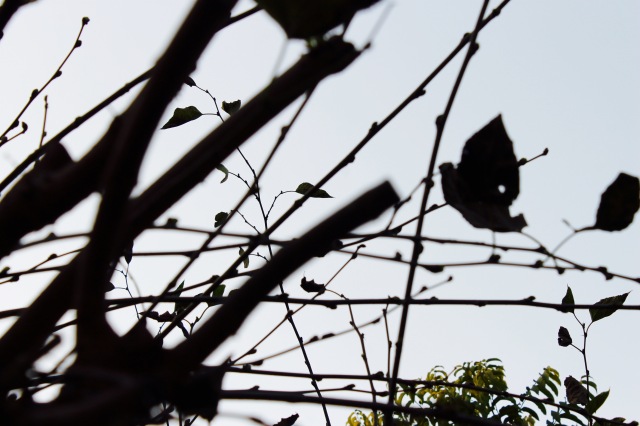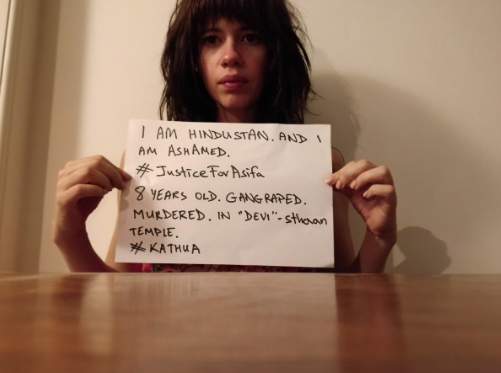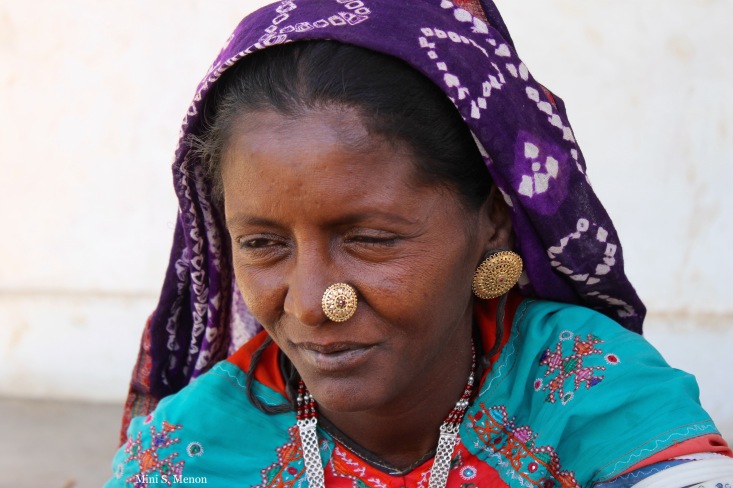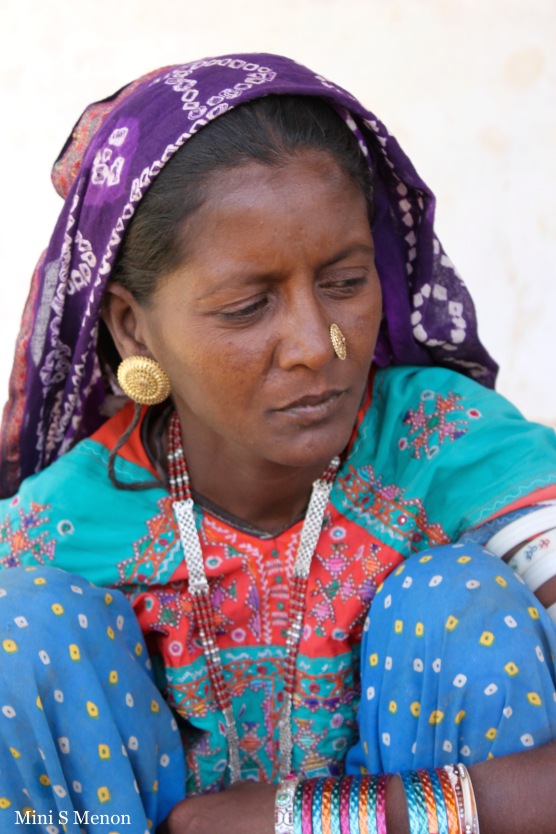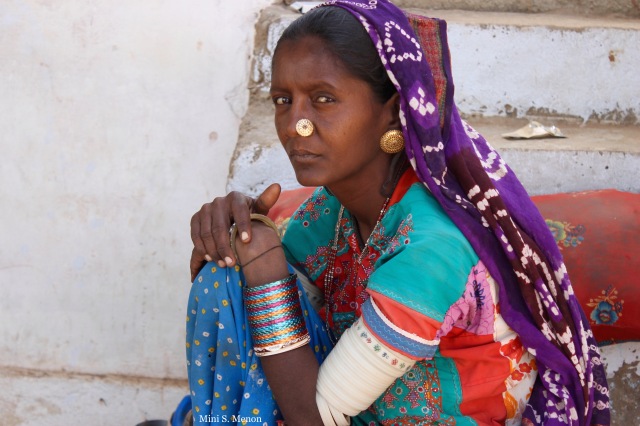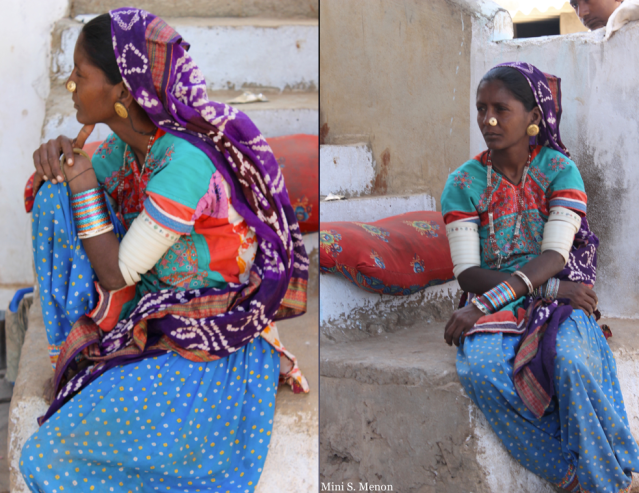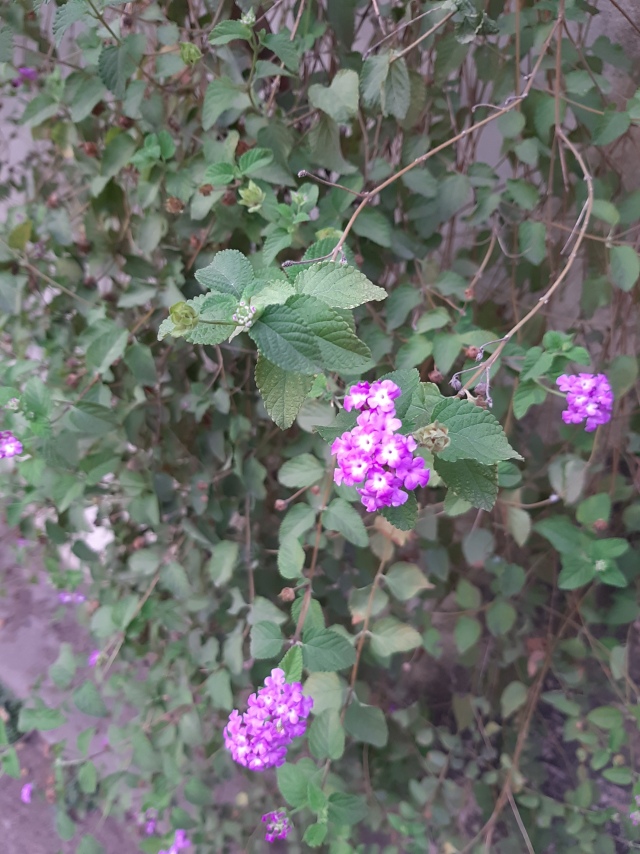 Yesterday was Tough – with a capital T. My right eye started itching suddenly the night before, and in a matter of minutes became a purplish blob with a red slit in the middle. When the itch extended to my throat, I swallowed an antihistamine, and that sealed my misery. Spent the night tossing and turning in a restless half sleep, and was unable to pick myself up from the bed most of yesterday. And I’m no pleasure to be around when I’m forced to be horizontal – ask my family.
Yesterday was Tough – with a capital T. My right eye started itching suddenly the night before, and in a matter of minutes became a purplish blob with a red slit in the middle. When the itch extended to my throat, I swallowed an antihistamine, and that sealed my misery. Spent the night tossing and turning in a restless half sleep, and was unable to pick myself up from the bed most of yesterday. And I’m no pleasure to be around when I’m forced to be horizontal – ask my family.
But that too has passed.
This morning I got up as usual, and responded to Poocha’s call in kind. Took my walk, with music on shuffle on the way back. There were fewer people on the road for some reason.
Hazaron khwahishen aisi…
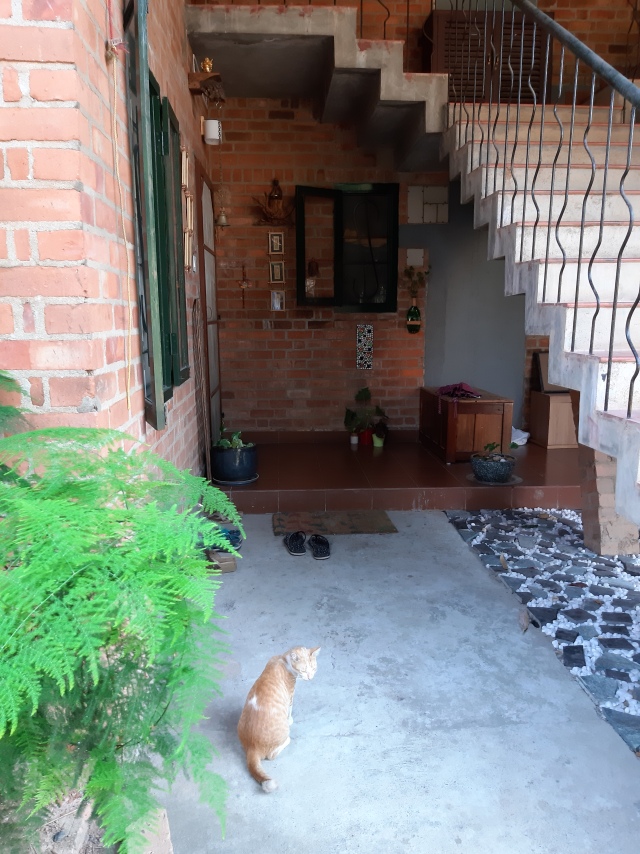
After so many months, it’s still with a sigh of relief that I breathe in the verdant evergreen by the porch, the mosaicked patch under the staircase, the few straggly plants in front of the door, and the living room with its yellow curtains. Yes. We have somehow managed to coax out ‘the home we want to live in’ (as my boys put it) from the ruins that had resulted from 14-years of neglect. And in the process, lived to learn that rebuilding a home out of its own dark shell is an act of love and hope.
I’m now treating our home ‘as a canvas’ as Adu advised me – adding one brushstroke at a time.
I invariably water my plants as soon as I return – rather upsetting these days. They were all lush and happy until a couple of months ago, but since then have been morose and unresponsive. Nothing I do cheers them up enough to grow. (I’m beginning to believe that plants feel trauma – and that their cells hold the memory.) All I can do is to keep urging them, hoping that they will, one day, forget. And grow up.
Innam konjam neram poruthaal thaan enna…
Amma’s usually in her room when I return, attending to her many gods. Her days are (and have been for as long as I can remember) devoted almost entirely to the pursuit of the divine: her version of it, rather. And after living most of her adult life in various states of aloneness, she doesn’t take very kindly to human interferences. Occasional short periods of social interactions are borne with patience, but any attempt to integrate her into sustained mainstream family life is an exercise in futility. So we live our parallel lives that meet mostly at the dining table thrice a day or so.
Could’ve been worse, I guess.
Lag jaa gale…
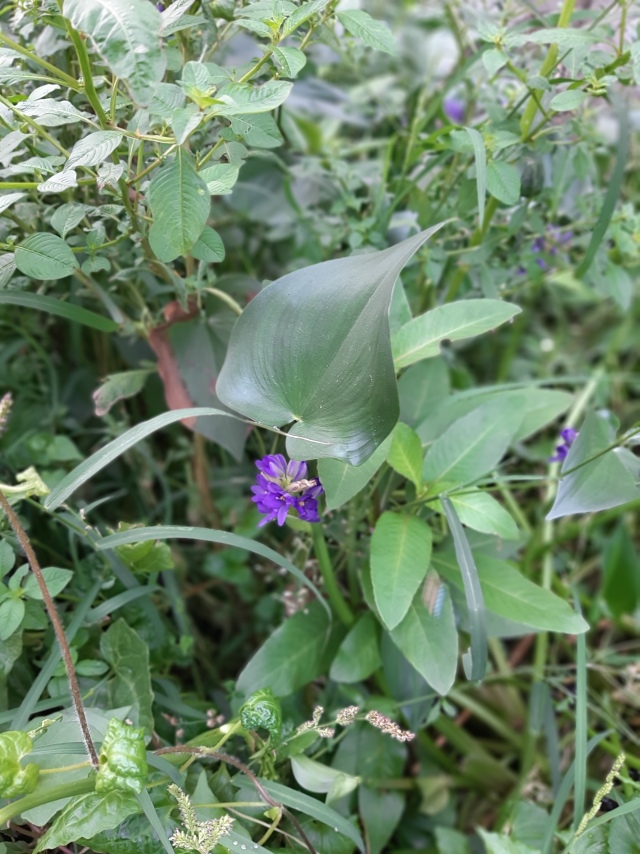
Made my first tea of the day, and came to my room. I have an interesting selection of infusions now – hibiscus, tulsi and chamomile, sage… But the bright green tea I chose today is special; it’s a gift from Ricca, and has come all the way from Japan. It has the flavour of the wonderful stories she used to share with me of her almost nomadic life as a young woman from sub-Siberian Japan.
Twitter opened to a wonderful essay on Walking by Maria Papova, where she quoted Lauren Elkin. “Why do I walk? I walk because I like it. I like the rhythm of it, my shadow always a little ahead of me on the pavement. I like being able to stop when I like, to lean against a building and make a note in my journal, or read an email, or send a text message, and for the world to stop while I do it. Walking, paradoxically, allows for the possibility of stillness.”
Couldn’t have said it better.
Anuragini ithaa en…
The results of the general election are not a shock. But that doesn’t make me feel any less sad. I worry about what awaits our children, our academia, our minorities, our nation – our individual and collective worth as the citizens thereof. The general mood on social media is either defensive or gleefully smug – an easy trap to fall into, I suppose. But it breaks my heart to see the young people I once taught use words like sickular, libtard and presstitute to talk about those with opposing points of view.
Nothing is going to be the same again.
As a kind friend pointed out, maybe people like me did contribute to what happened, merely by voicing our opinions on public platforms. I only hope I have the restraint necessary to not do so in the future.
Anyway, it’s time I stopped feeling sad – stopped feeling anything at all – and moved on with life. Or something like it.
Zindagi tujh ko toh bus khab mein dekha hum ne…
For now, the kitchen awaits.
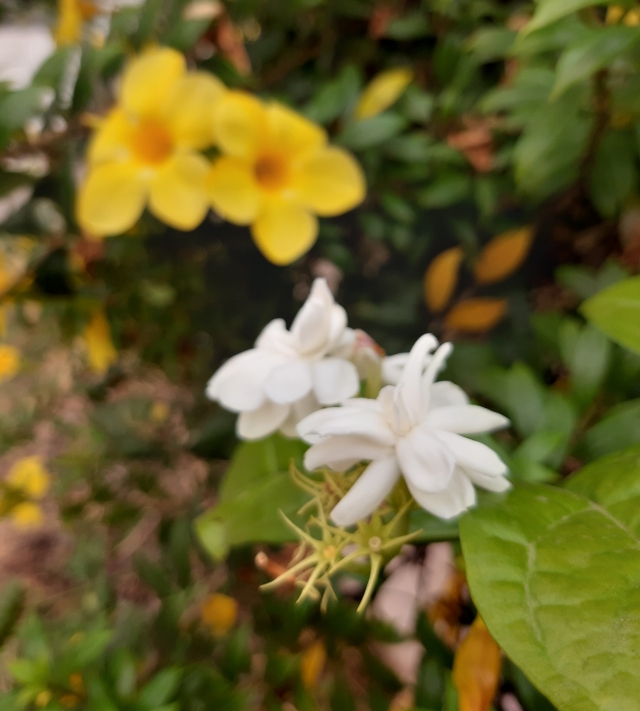 .
.


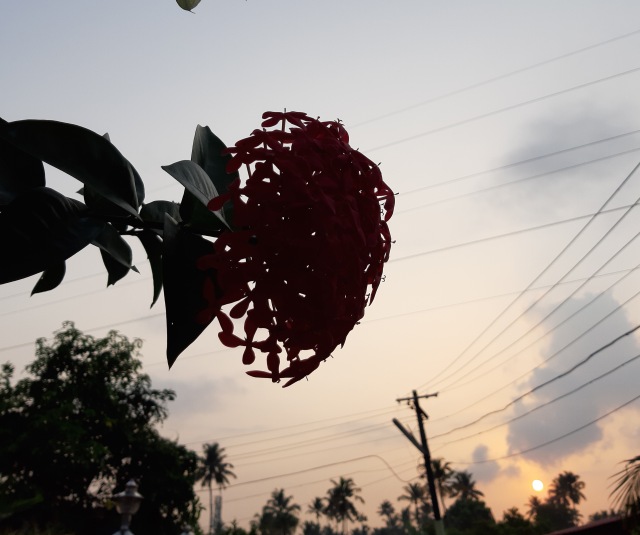
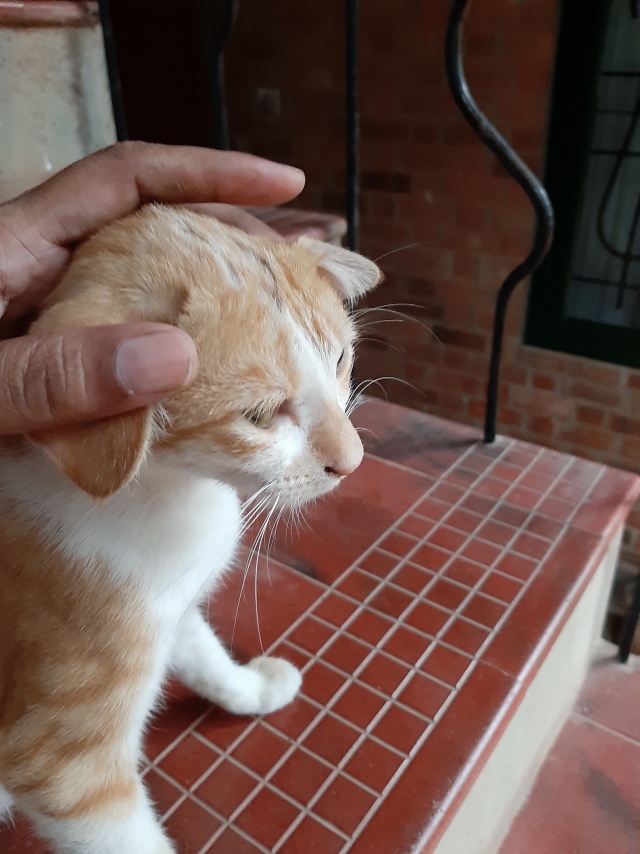
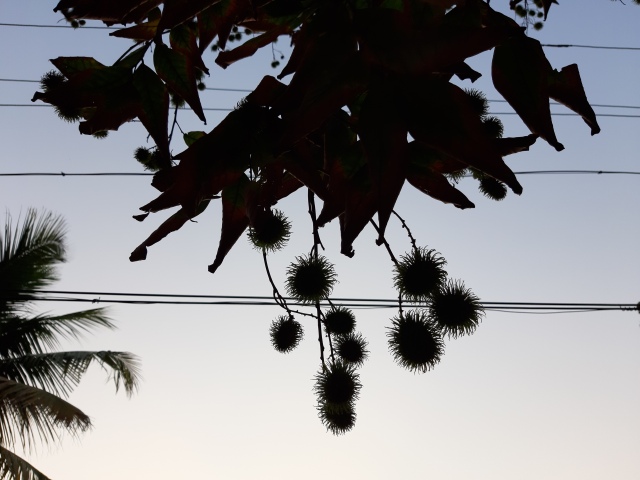


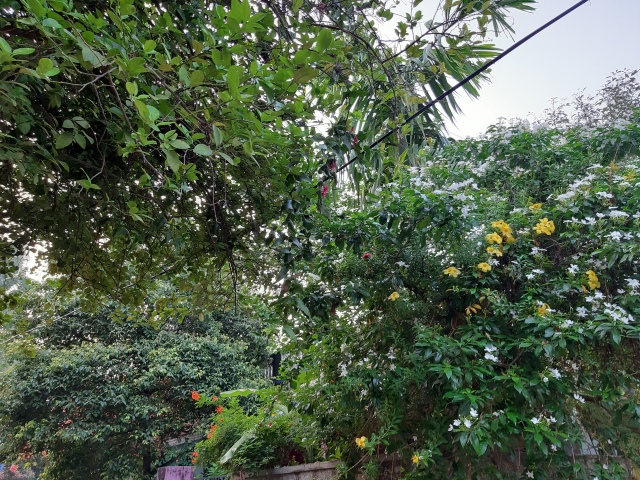

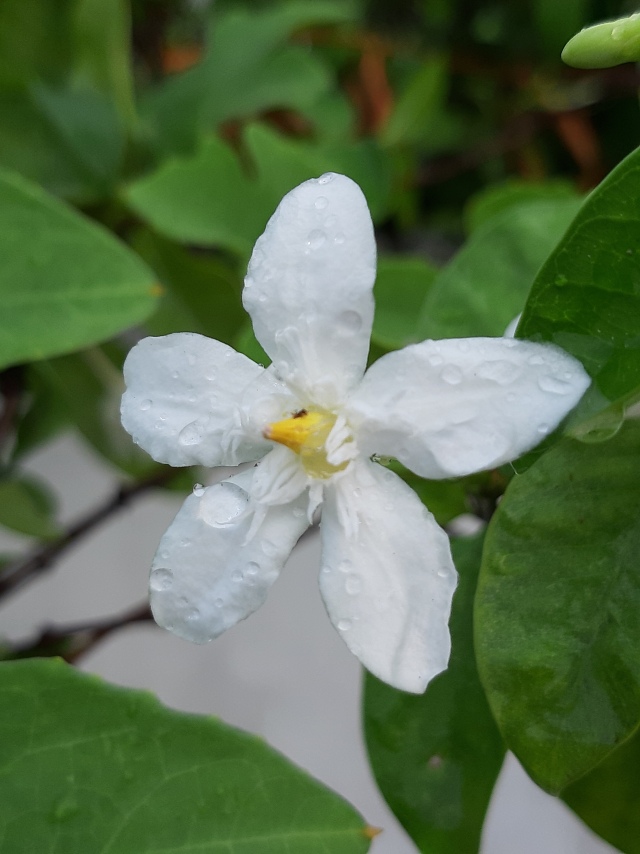
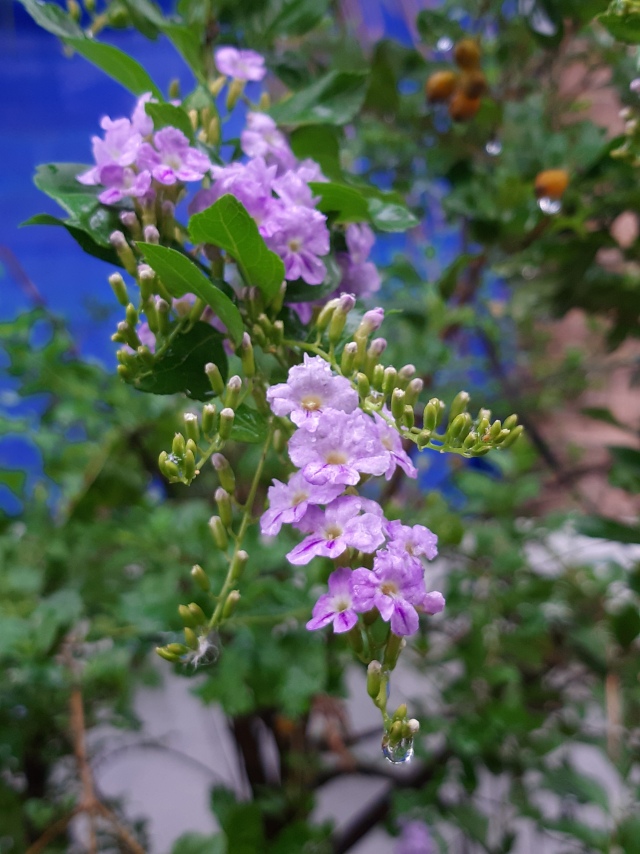
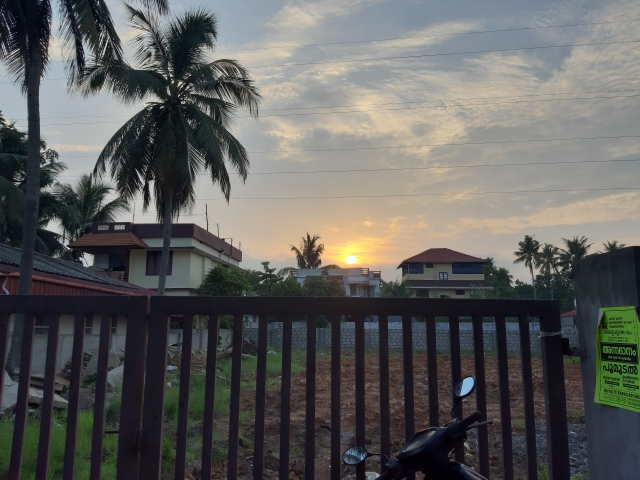
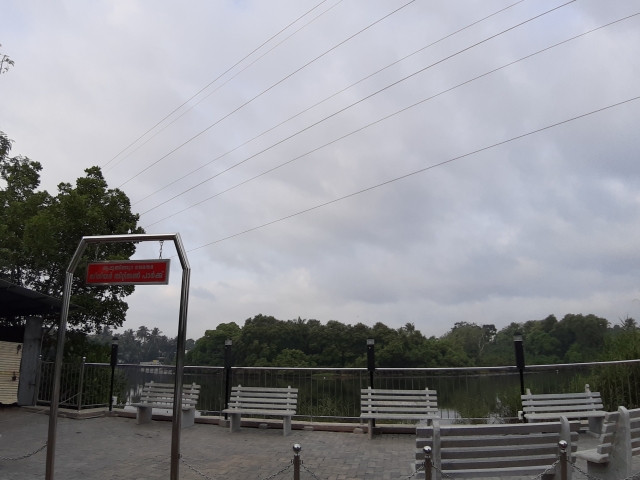
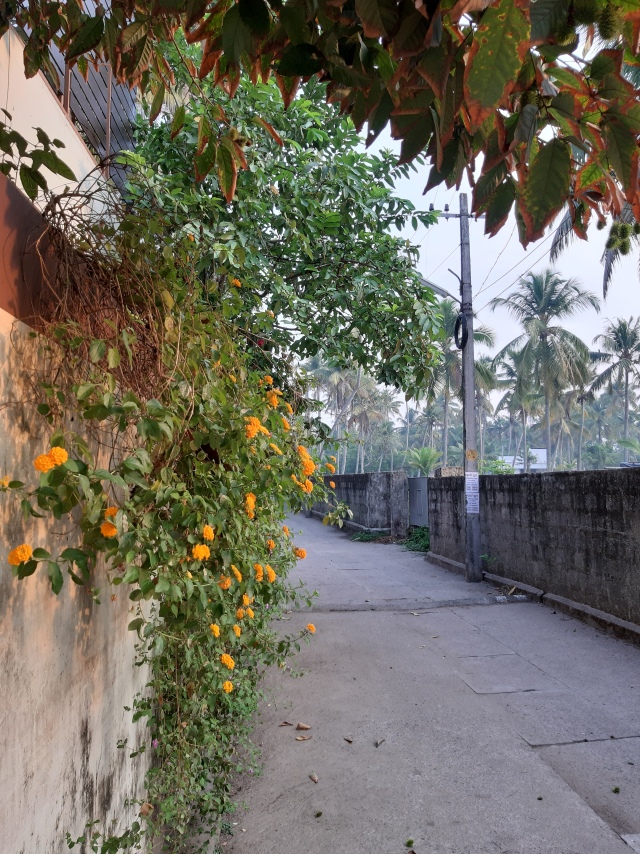
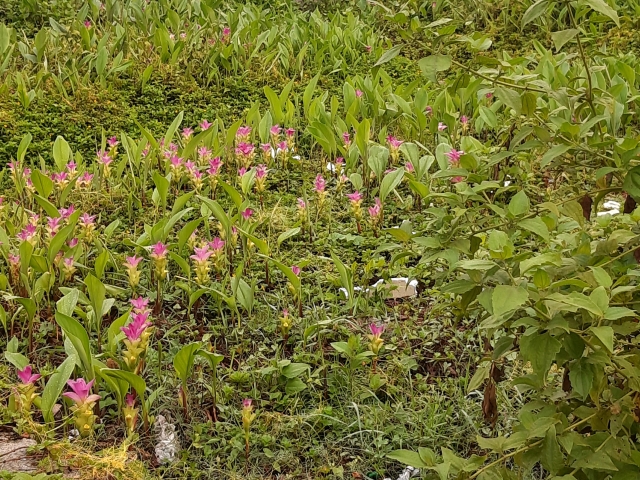
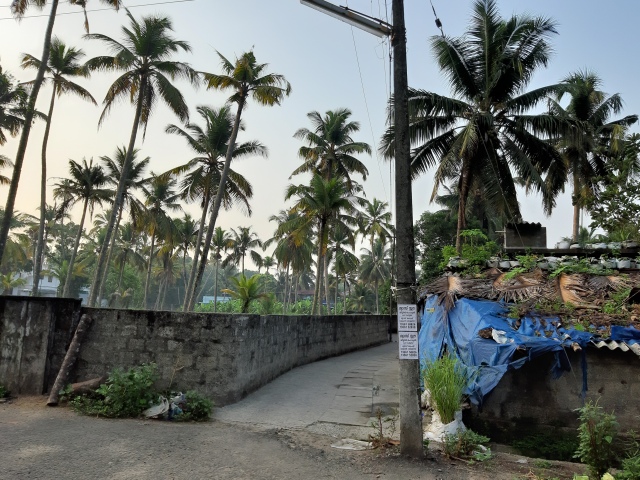
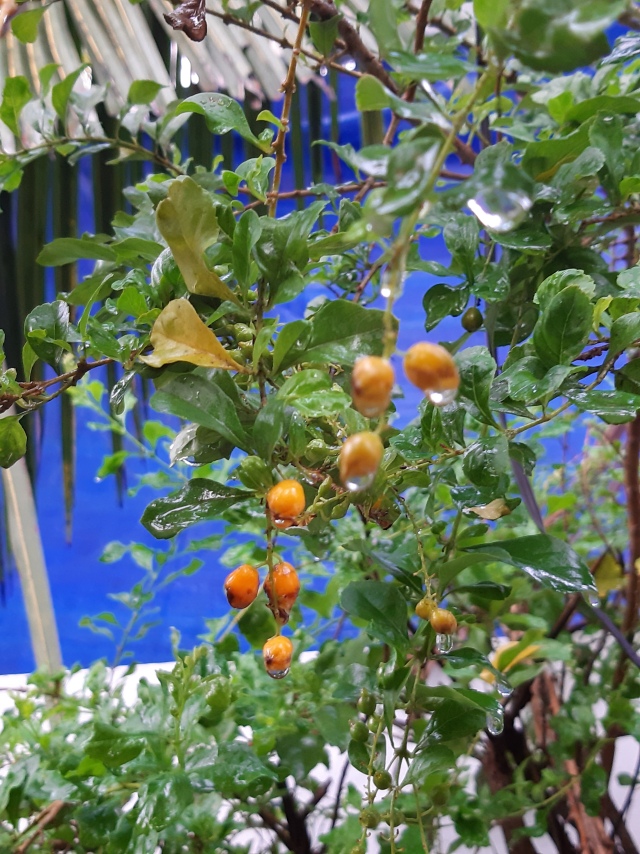
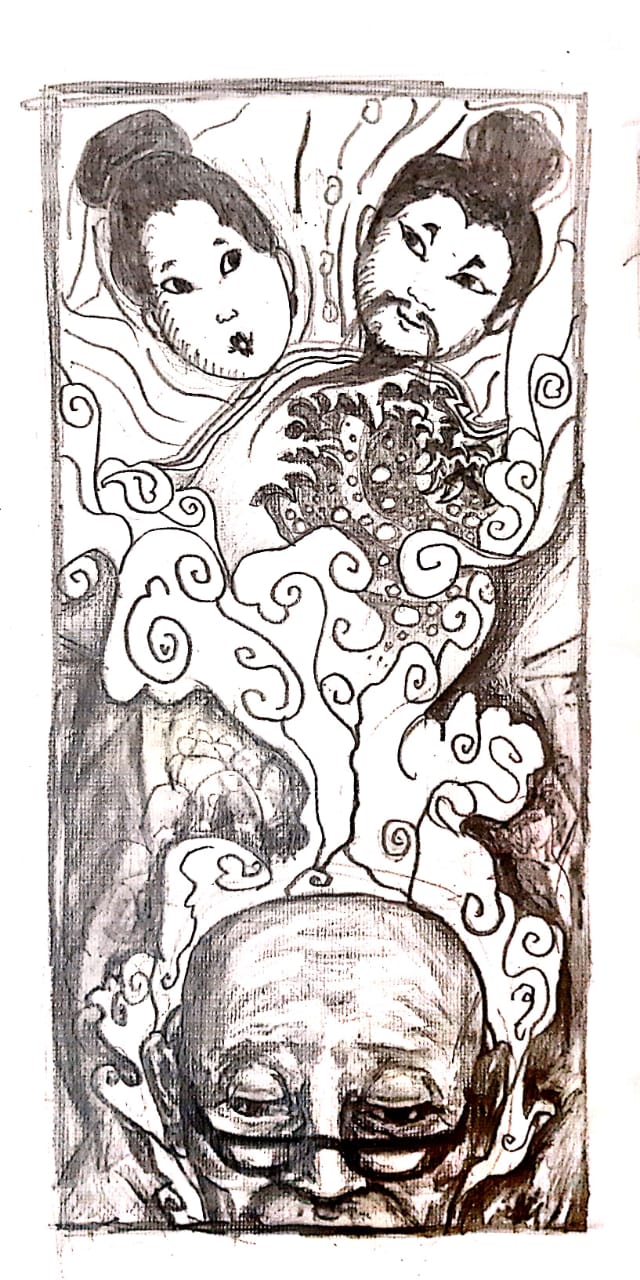 We were on the Singapore Metro (or the ‘MRT’, as Amy calls it), though I can’t recall where we were going to, nor the name of the station we were to get down at. The train was quite crowded, so we stood to one side of the door.
We were on the Singapore Metro (or the ‘MRT’, as Amy calls it), though I can’t recall where we were going to, nor the name of the station we were to get down at. The train was quite crowded, so we stood to one side of the door.